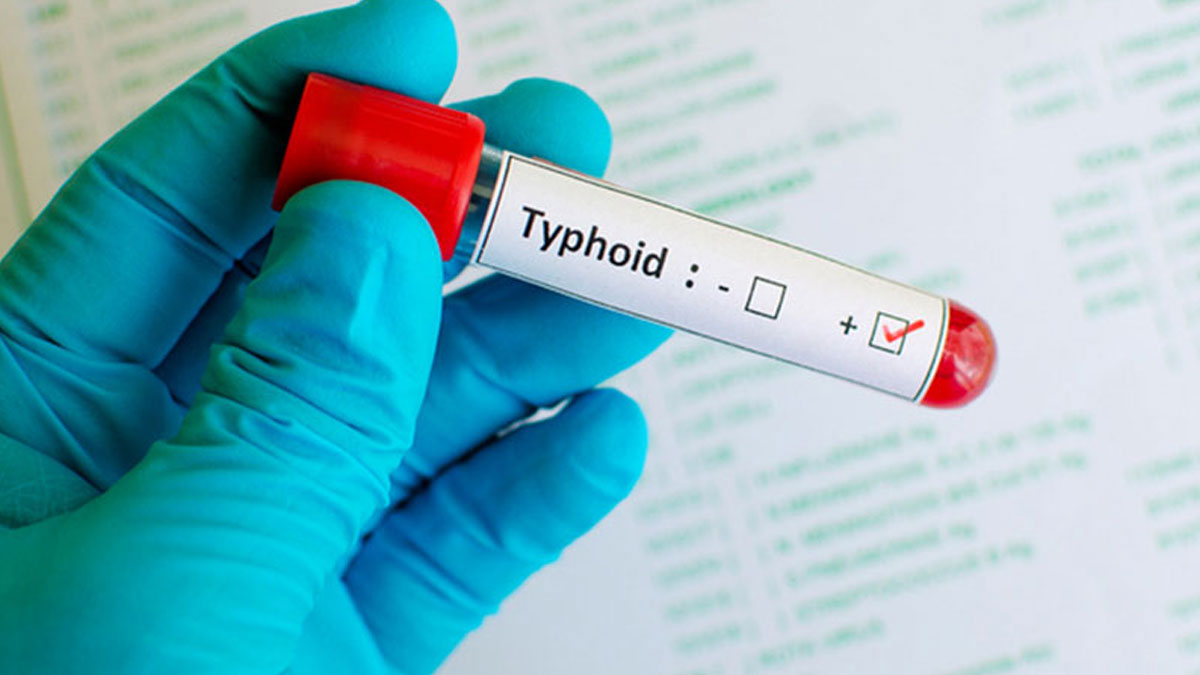
People living in rural areas, informal urban areas, and any other areas where access to clean drinking water is limited are being urged by the Health Ministry to boil all drinking water after an outbreak of typhoid was recorded by the Ministry in the Raranibulubulu community in Vanua Levu and sporadic cases in Navosa.
The Ministry says that measures they have taken is the outreach deployment of medical teams, and the effective efforts of community leaders that have controlled any escalation in case numbers.
They say typhoid fever is typically found in areas that do not have access to clean drinking water, and everyone must also continue to practise basic hygiene measures such as frequently washing hands with soap and water, especially after visiting the toilet and before eating or preparing food.
The Ministry also stated that they have noted a rising trend in cases of leptospirosis and dengue fever, however, the admission levels remains low and the mortality rate among admitted cases remains low.
They say this is despite the fact that the reported case numbers had remained near or slightly above the outbreak level for most of this year.
They add the divisional health teams with the support of the National Disaster Management Team staff have been carrying out pre-emptive source reduction measures in selected hotspots over the last month.
Recent heavy rain and flooding have affected many areas and communities throughout the country.
The Ministry is focusing on geographical areas of concern for the purpose of mobilising extra capability to help manage communicable disease outbreaks and also escalate the promotion of preventative measures.
To reduce individual risk, it is important to understand that exposure to animals, soil, mud, and floodwaters during work or recreation activities increases a persons risk of infection.
Important prevention measures include wearing fully covered footwear at all times when going outdoors, avoiding wading or swimming in flooded waters, using clean fresh water to wash up after exposure to muddy waters, and keeping all food and drinks covered and away from rats.
For workplaces, practise good personal hygiene at all times, cover cuts and wounds well, and use protective equipment, especially footwear when in flooded and muddy areas.
Early treatment can decrease the severity and duration of the disease. Please seek medical care if you have recently had contact with floodwaters, mud, or animals, and develop the following symptoms: fever, muscle pain, and headache.
You may also have red eyes, loss of appetite, nausea/vomiting, dizziness, or feel weak.
Leptospirosis can be treated with appropriate antibiotic medications prescribed by a doctor if treatment is sought early.
Danger signs for severe leptospirosis include shortness of breath, coughing blood, chest pain, yellow eyes/skin (jaundice), signs of bleeding (including unexplained bruising), decreased or increased urination, and difficulty staying awake. Severe leptospirosis is life-threatening, and anyone with these symptoms must be taken to the hospital immediately.
Stay tuned for the latest news on our radio stations

